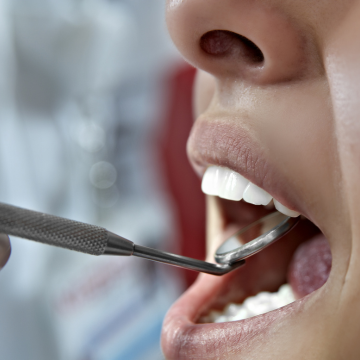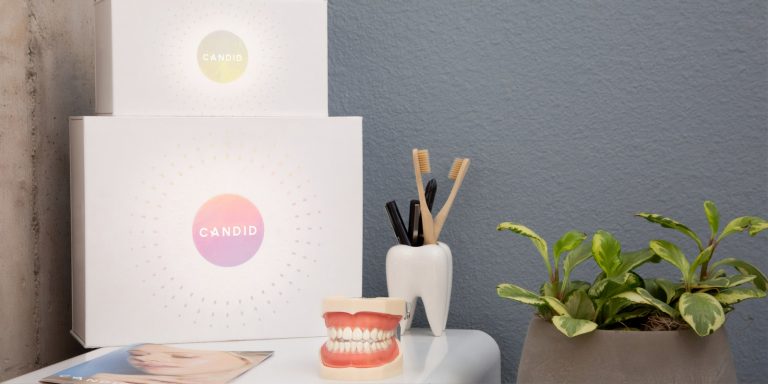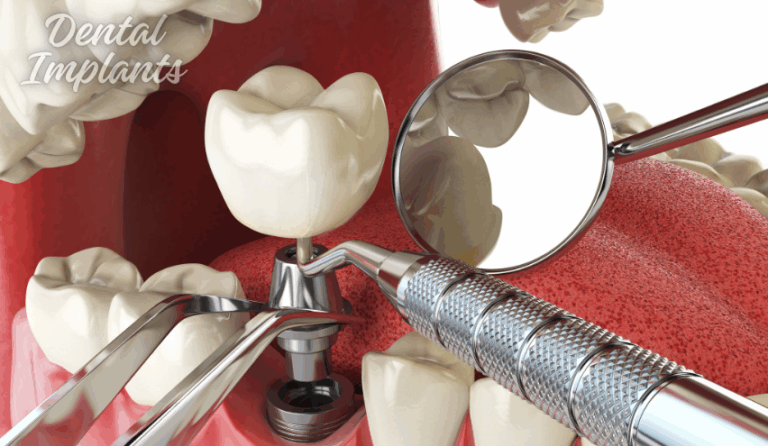1. Introduction
Tooth loss can significantly impact your daily life, from eating and speaking to your overall confidence. Many people delay getting dentures due to fear, misconceptions, or lack of information. But when is the right time to consider dentures? This blog will help you understand the signs that indicate you might need dentures and why timely action is essential.
2. Understanding Dentures
Dentures are removable prosthetic devices designed to replace missing teeth and restore oral function. They come in different types, including full dentures, partial dentures, and implant-supported dentures, depending on your needs.
3. Signs You Need Dentures
Persistent Tooth Pain or Decay
If you experience constant toothaches or have multiple decayed teeth beyond repair, dentures might be the best solution. When cavities are too severe for fillings or crowns, extraction followed by dentures can restore your oral health.
Loose or Missing Teeth
Loose teeth often indicate severe gum disease, which can lead to tooth loss. If you have multiple missing teeth, dentures can help restore function and aesthetics, preventing further oral health complications.
Difficulty in Chewing and Speaking
Struggling to chew food properly or experiencing slurred speech due to missing teeth is a clear sign you might need dentures. Ignoring this issue can lead to digestive problems and social discomfort.
Gum Disease and Bone Loss
Advanced gum disease (periodontitis) can cause tooth loss and jawbone deterioration. Dentures help in maintaining facial structure and preventing further bone loss when natural teeth are no longer viable.
4. Types of Dentures Available
Full Dentures
Recommended for individuals who have lost all their teeth, full dentures replace an entire arch (upper or lower) and provide full functionality and aesthetics.
Partial Dentures
Designed for people missing only a few teeth, partial dentures fit alongside existing natural teeth, filling gaps and preventing shifting of remaining teeth.
Implant-Supported Dentures
For a more stable and long-term solution, implant-supported dentures attach to dental implants, offering improved comfort and functionality compared to traditional dentures.
5. Benefits of Getting Dentures on Time
- Restores chewing and speaking ability
- Improves facial appearance by preventing sagging
- Boosts confidence with a natural-looking smile
- Prevents further oral health issues
- Enhances overall quality of life
6. Common Concerns About Dentures
- Will dentures feel uncomfortable? Initial discomfort is common, but with proper adjustments, dentures will fit comfortably over time.
- Can I eat normally with dentures? Yes, though it takes some practice, you can enjoy most foods with well-fitted dentures.
- Will dentures look natural? Modern dentures are designed to look realistic and blend seamlessly with your facial structure.
7. How to Take Care of Your Dentures
- Clean dentures daily using a soft brush and denture cleanser
- Soak them overnight in a denture solution
- Avoid using hot water, which can warp the material
- Visit your dentist regularly for adjustments and maintenance
8. Conclusion
If you’re experiencing any of the signs mentioned above, it may be the right time to consider dentures. Early intervention ensures better oral health, improved comfort, and enhanced quality of life. Consult a dental professional at Vibrant Smiles – Dental, Implant, Aesthetics in Koramangala to determine the best denture solution for your needs.
9. Frequently Asked Questions (FAQs)
Q1: How long does it take to get used to dentures?
A: It typically takes a few weeks to a couple of months to fully adjust to new dentures.
Q2: How often should I replace my dentures?
A: Dentures generally last 5-10 years, depending on wear and oral changes.
Q3: Can I sleep with my dentures in?
A: It is recommended to remove them at night to allow your gums to rest and prevent infections.





